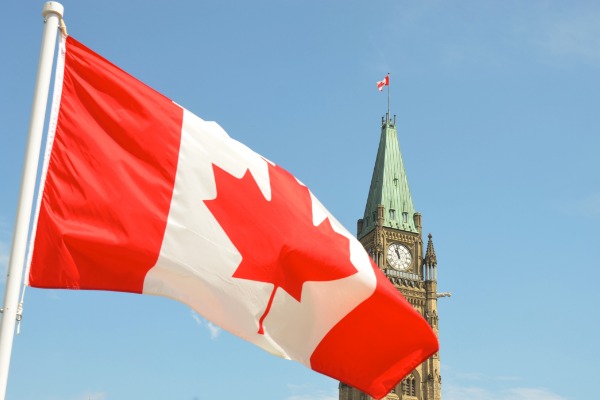Feds Extend Support, Industry Breathes Easier

This country’s travel and tourism industry breathed a sigh of relief today as the federal government announced that it was extending crucial COVID-19 support measures for Canadians and Canadian businesses in recognition that uneven economic reopening across regions and sectors means workers and businesses continue to need support.
The extension was announced by Deputy Prime Minister and Minister of Finance, the Honourable Chrystia Freeland and the Honourable Carla Qualtrough, Minister of Employment, Workforce Development and Disability Inclusion.
The extensions include:
- Extending the eligibility period for the Canada Emergency Wage Subsidy, the Canada Emergency Rent Subsidy and Lockdown Support until Oct. 23, 2021, and increasing the rate of support employers and organizations can receive during the period between Aug. 29 and Sept. 25, 2021.
- Extending the Canada Recovery Benefit (CRB), the Canada Recovery Caregiving Benefit (CRCB), and the Canada Recovery Sickness Benefit (CRSB) until Oct. 23, 2021.
- Increasing the maximum number of weeks available for the CRB, by an additional 4 weeks, to a total of 54 weeks, at a rate of $300 per week, and ensuring it is available to those who have exhausted their employment insurance (EI) benefits.
In making the announcement, the government noted that as the COVID-19 pandemic evolves, it will continue to adapt its support to deliver support to those who need it, heal the wounds of the pandemic recession, and build a strong recovery that leaves no one behind.

The Tourism Industry Association of Canada’s (TIAC) president & CEO, Beth Potter said that “extending the Canada Emergency Wage Subsidy (CEWS) and the Canadian Emergency Rent Subsidy (CERS) until October 2021 is a positive step in supporting the tourism industry that has lost most of the summer and still suffering from travel restrictions and border closures.”
Potter added: “This is a very positive step and the government deserves credit for listening to our sector. However, we know that this will not be enough to keep thousands of businesses from closing their doors permanently and losing important tourism infrastructure. The tourism and travel industries were the first hit in the pandemic and the hardest hit, and we will be the last to recover. Without business survival programming that targets our sector, many businesses will not survive.”
The government noted in its announcement that as the recovery gets underway, workers and businesses in certain regions and sectors continue to need support. In the April federal budget, the government recognized that the economic and public health situation remained uncertain and made sure it had the flexibility to extend supports further into the fall as the public health situation warranted.
By moving forward on these extensions, the government is ensuring that businesses – including those in hard-hit sectors like tourism, hospitality, arts, and entertainment – can continue to get the support they need so they can invest in their recovery and long-term prosperity.
Chrystia Freeland, Deputy Prime Minister and Minister of Finance, said that: “Throughout the pandemic, our government has been committed to doing whatever it takes to support Canadians and Canadian businesses. Our economies are safely and gradually reopening but many small businesses and workers are still getting back to business.”
Freeland continued: “Extending these supports—which have been lifelines for many—is needed. This is of particular importance for those workers and businesses that have been hit hardest by the pandemic and are still reopening and rebuilding. Our government will continue to be there for Canadians and make sure that all workers and businesses are well positioned to come roaring back.”
In addition, the government is proposing to offer businesses greater flexibility when calculating the revenue decline used to determine eligibility for the wage and rent subsidy programs and the new Canada Recovery Hiring Program. The government is also releasing draft legislation that provides further clarity on previously announced changes to the wage subsidy for furloughed employees.
Carla Qualtrough, Minister of Employment, Workforce Development and Disability Inclusion, stated that: “While there are positive signs of economic recovery throughout the country, it has not been equal. We recognize that certain sectors are slower to recover from the impact of COVID-19.
And she added that: “By providing additional weeks for the Canada Recovery Benefit and extending the eligibility period for all three recovery benefits, we are ensuring that no one is left behind as the economy reopens. We remain firm in our commitment to support Canadians who need it the most.”


